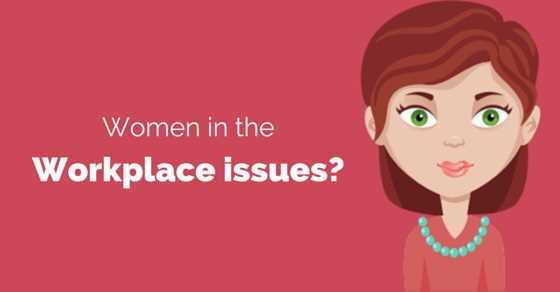Women face a number of challenges in the job market, including:
- Gender pay gap: Women still earn less than men for doing the same work. According to the World Economic Forum, the global gender pay gap is 26%.
- Lack of representation in leadership roles: Women are underrepresented in leadership roles in both the private and public sectors. For example, in the United States, only 25% of Fortune 500 CEOs are women.
- Unconscious bias: Women are often subject to unconscious bias in the workplace, which can lead to them being passed over for promotions or opportunities. For example, a study by the Harvard Business Review found that women are less likely to be hired for jobs when they are perceived as being too assertive.

- Sexual harassment: Women are more likely to experience sexual harassment in the workplace than men. According to a study by the National Sexual Violence Resource Center, 43% of women have experienced some form of sexual harassment in the workplace.
- Work-life balance: Women are often responsible for the majority of childcare and household duties, which can make it difficult to balance work and personal life. This can lead to women feeling stressed and overwhelmed, and it can also make it difficult for them to advance in their careers.
These challenges can make it difficult for women to succeed in the job market. However, there are a number of things that can be done to address these challenges, such as:
- Enacting pay equity laws: Governments can enact pay equity laws that require employers to pay women and men the same wage for doing the same work.
- Promoting women to leadership roles: Organizations can promote more women to leadership roles by creating a more inclusive and supportive workplace environment.
- Addressing unconscious bias: Organizations can address unconscious bias by providing training to employees on how to identify and challenge unconscious bias.
- Creating policies to prevent sexual harassment: Organizations can create policies to prevent sexual harassment and to provide support to victims of sexual harassment.
- Supporting work-life balance: Organizations can support work-life balance by offering flexible work arrangements, such as telecommuting and flextime, and by providing childcare assistance.
By addressing these challenges, we can create a more equitable and inclusive workplace for women.